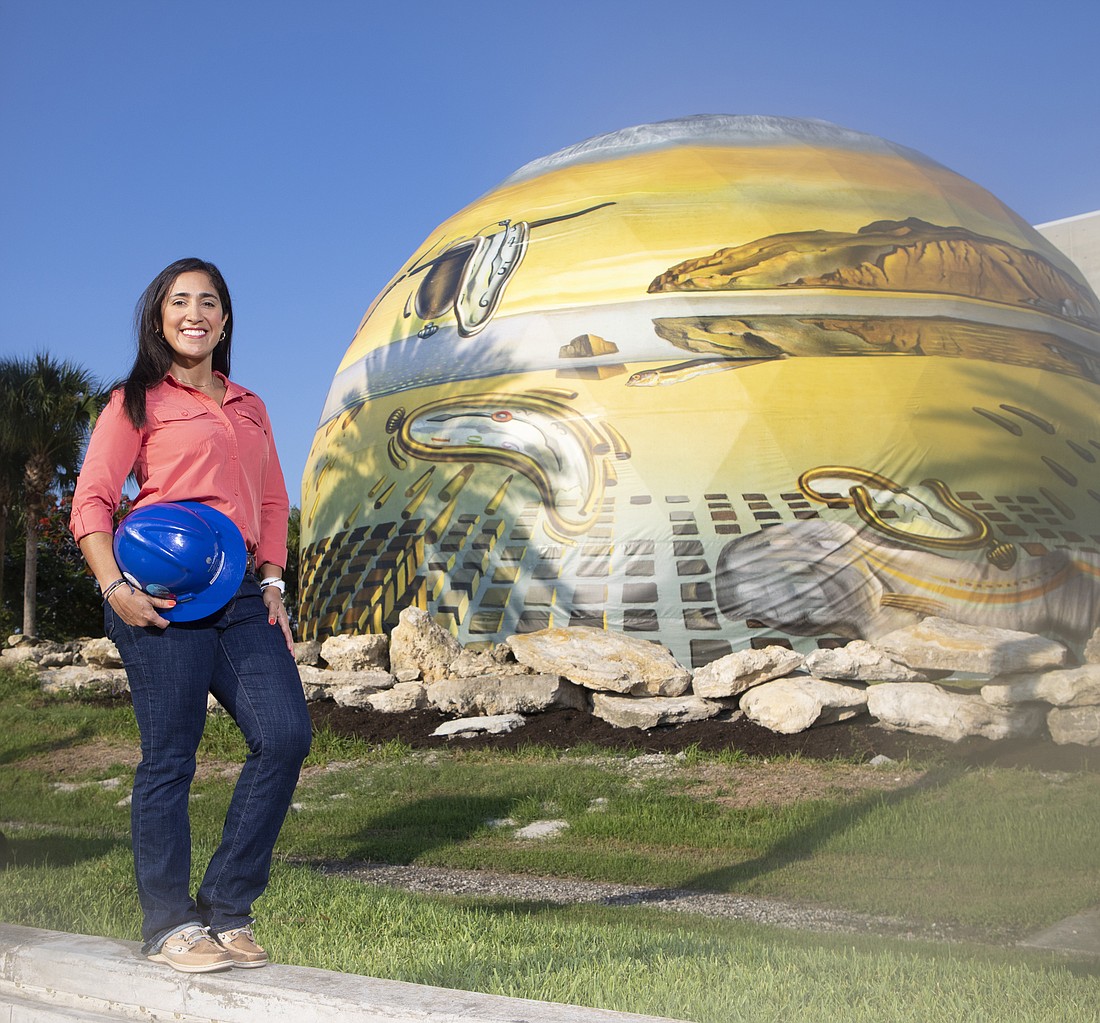- December 13, 2025
-
-
Loading

Loading

Maria Escalona was working on the type of project that can only happen in Miami when she got the call that brought her to Tampa.
The now 35-year-old project manager for JE Dunn Construction was one of the leaders on the build out of a high-end independent living facility with bars, beauty salons, game rooms and party rooms. A memory care center was attached. This was a place aimed at Miami’s wealthy, artistic class and had been the kind of project that had helped Escalona prove herself. “It was like a party house, but with a lot of luxury in it,” she says.